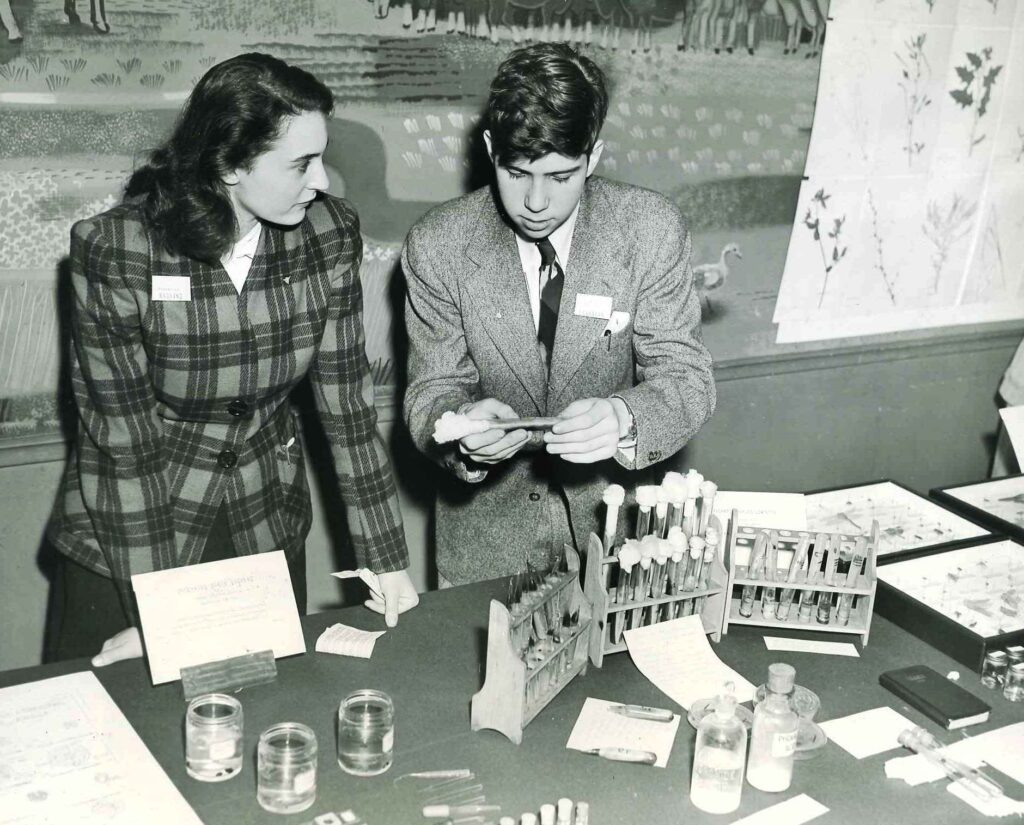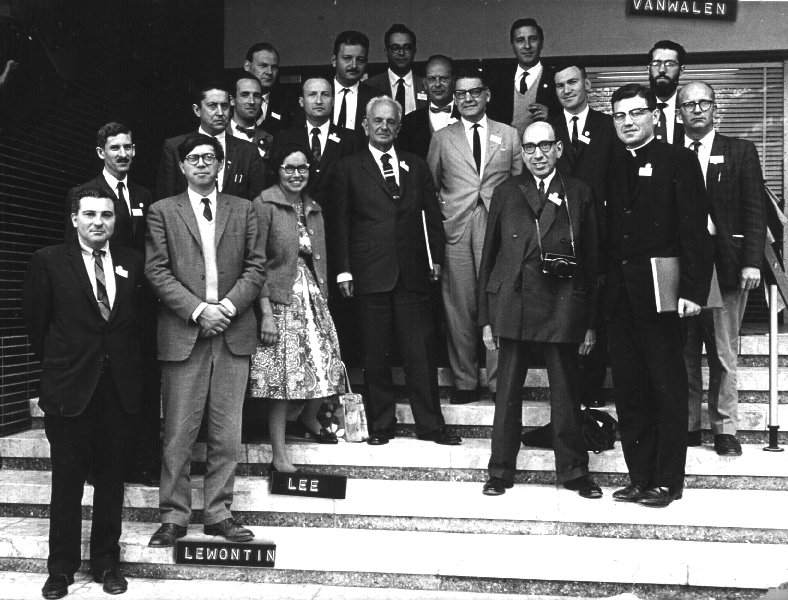Dick Lewontin (1929-2021) was one of the most prominent evolutionary biologists of the 20th Century and the first years of the 21st Century. Not only was he very active intellectually, but also a politically committed scientist, who contributed to topics ranging from the genetics of the fruit fly to the relationship between biology and society.

A simple search for his scientific and academic work shows near to 600 items, which, following standard academic criteria, should have made a difference (given they sum together more than 47000 citations). However, those numbers do not attest to the real impact than Lewontin’s work and willpower achieved. To measure it, if that is possible (and convenient), one needs to look into the testimony of those who collaborated with him, who were his students, or simply those whom he influenced through his writings.
A fierce critic, an expressive writer, and a rigorous scientist. Lewontin’s readers cannot remain impassive after finishing one of his numerous works, either because he convinced them to act, or given they were shaken by his attack on some beloved beliefs. In adopting this stance, Lewontin seems to have remained very close to a shared scientific attitude according to which science’s aim is not to offer us comfort (against other cultural practices), but he was also very critical of scientists who disguised ideology for science.
This is noticeable even in his early writings, where he occupies with the nature of evolutionary explanation, with the role of metaphors in science, and with the relationship between biology and society. Such topics would accompany him through his career and his views on each of them have surely touched more than one person. In conclusion, let us hope that there are more scientists like him.


